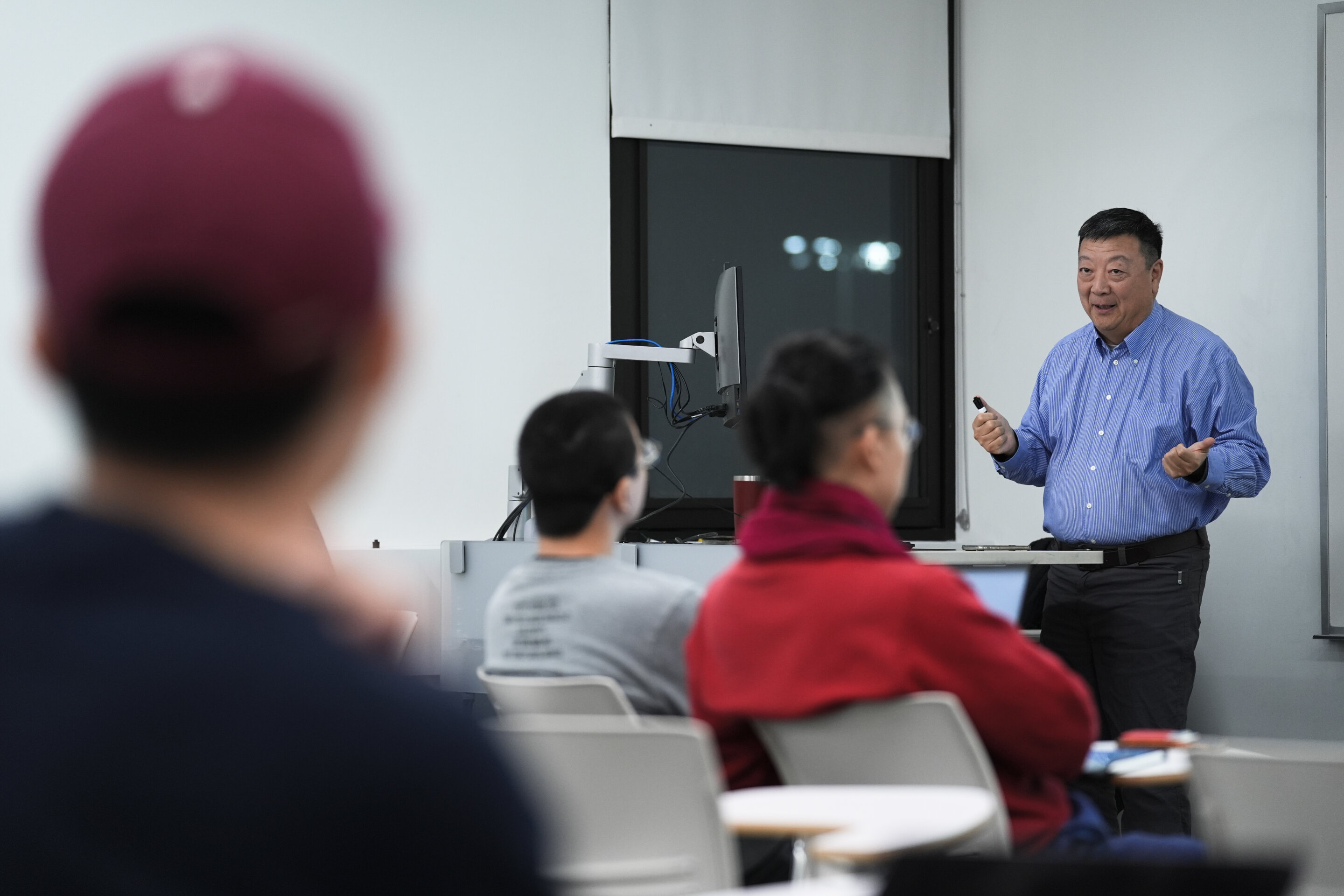2024-04-05
When Artificial General Intelligence is attained?

In the rapidly evolving landscape of artificial intelligence, a new frontier is emerging – the quest to develop artificial general intelligence, or AGI. This ambitious concept envisions machines that possess the broad cognitive capabilities of humans, able to reason, plan, and learn across a wide range of tasks, much like the human mind.
At the forefront of this pursuit are tech giants like OpenAI, Amazon, Google, Meta, and Microsoft, each pouring resources into elite research wings dedicated to cracking the code of AGI. But what exactly is this futuristic vision, and how will we know when it's been achieved?
Defining AGI: A Nebulous Concept
Unlike the more concrete field of generative AI, which has given rise to tools like ChatGPT that can generate text, images, and sounds, AGI remains a nebulous and ill-defined concept. Geoffrey Hinton, a pioneering AI scientist dubbed the "Godfather of AI," acknowledges the lack of consensus around the term.
"I don't think there is agreement on what the term means," Hinton said. "I use it to mean AI that is at least as good as humans at nearly all of the cognitive things that humans do."
Hinton prefers the term "superintelligence" to describe AGIs that surpass human capabilities.
The origins of AGI can be traced back to the mid-20th century when computer scientists first envisioned an intelligent machine capable of broad reasoning and problem-solving. However, as AI research branched into specialized fields like facial recognition and speech recognition, the original ambitious vision of artificial intelligence took a backseat.
"Mainstream AI research turned away from the original vision of artificial intelligence, which at the beginning was pretty ambitious," said Pei Wang, a professor at Temple University who teaches a course on AGI.
The Race to AGI: Corporations and Governments Compete
With the potential for AGI to revolutionize industries and reshape the global economy, tech giants are locked in a high-stakes race to achieve this milestone. OpenAI, the company behind ChatGPT, has given its nonprofit board the responsibility of determining when its AI systems have reached the point of outperforming humans at most economically valuable work – a milestone that would cut off its partner Microsoft from commercializing such technology.
Governments, too, are taking notice of the implications of AGI. A new study published in the journal Science warns that unchecked AI agents with "long-term planning" skills could pose an existential risk to humanity. Researchers like Michael Cohen of the University of California, Berkeley, are sounding the alarm, urging governments to consider regulations to address the potential threats posed by advanced AI systems.
The AGI Bandwagon: Hype or Reality?
With so much money and prestige at stake, AGI has also become a corporate buzzword, attracting a quasi-religious fervor among some in the tech world. Companies like DeepMind, OpenAI, and Meta have explicitly set out to develop AGI, while others like Google and Amazon have rebranded existing research efforts under the AGI umbrella.
This shift in messaging may be a strategic move to attract top AI talent, as researchers are drawn to companies with ambitious goals and ample resources. However, the lack of a clear definition and roadmap for achieving AGI has led some to question whether the hype is outpacing the reality.
As the race to AGI intensifies, the tech world remains divided between those who advocate for a cautious and ethical approach and others who embrace an "accelerationist" mindset, eager to push the boundaries of AI development.
The journey towards artificial general intelligence is fraught with challenges and uncertainties, but one thing is clear: the pursuit of this transformative technology will shape the future of AI and its impact on human civilization.
Share with friends:
Write and read comments can only authorized users
Last news
